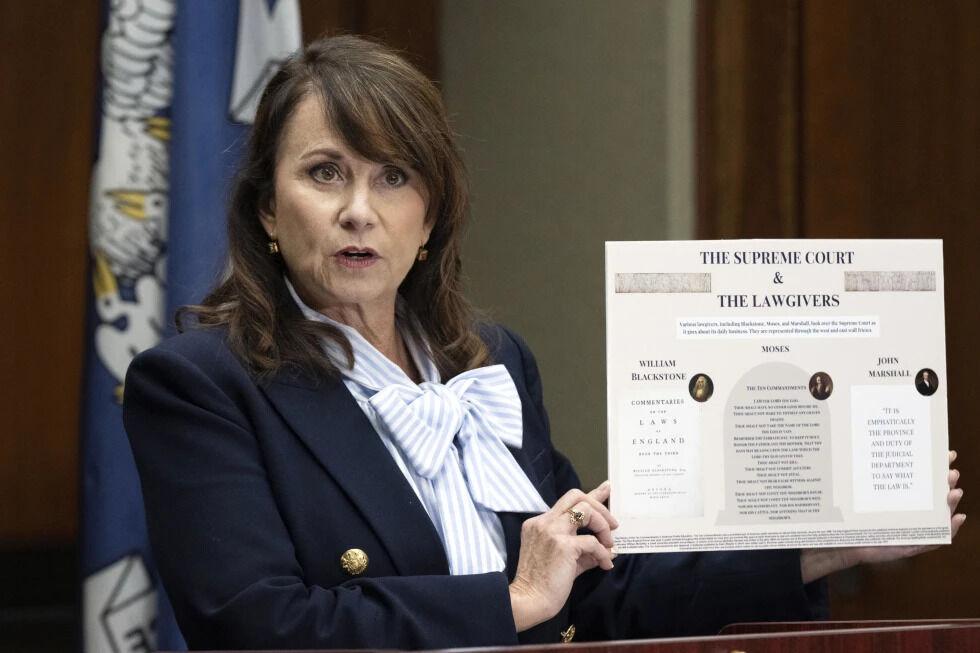World’s oldest meteor found
LSU geologists date its impact
By Maria Elena Rivera
Contributing Writer
University researchers claim to have discovered evidence of the oldest known meteor to strike the Earth 3.5 billion years ago.
University geologist Gary Byerly said this cataclysm had the energy of one billion atomic bombs and was 10 to 100 times the mass of the meteor scientists believe wiped out the dinosaurs. It could have affected the evolution of life on Earth, he said.
By analyzing the radioactive decay of uranium and lead within zircons, which are mineral grains resistant to change, Byerly and his colleagues dated the precise date of the impact.
Other sources of evidence they found are thick layers of melted rock spherules, which are droplets of rock glass representing condensation from high temperature clouds that existed for a short time after the impact.
“[Spherules] are only found as products of impacts,” Byerly said. “The most famous is the one that killed the dinosaurs 65 million years ago.”
He believes the meteor came from the asteroid belt between Mars and Jupiter. It is also unlikely scientists will ever find impact craters on the Earth’s surface because of erosion and tectonic movement.
Evidence from the spherule layers indicates the impact created tsunamis moving around 500 mph, which probably inundated everything but mountains. The atmosphere would have burned anything exposed to it, Byerly said.
From astronomical and geological data, scientists can predict when the next life threatening meteor will strike.
“About every 10 to 100 million years, the Earth is hit by a meteor that would cause global catastrophy,” Byerly said. “Lesser impacts, that might kill many people on a single continent, might happen every few million years. And still lesser ones, that might kill any people in an area the size of Louisiana, might occur every few tens of thousands of years.”
Byerly and his colleagues are planning to go to Africa and Australia, where they first came upon the evidence, to study 3.5 billion years old rocks inside ancient volcanoes.
The recognition of this research gets people from other universities thinking about the quality of life and academics in the University, Byerly said.
World’s oldest meteor found
By Maria Elena Rivera
October 28, 2002
More to Discover







